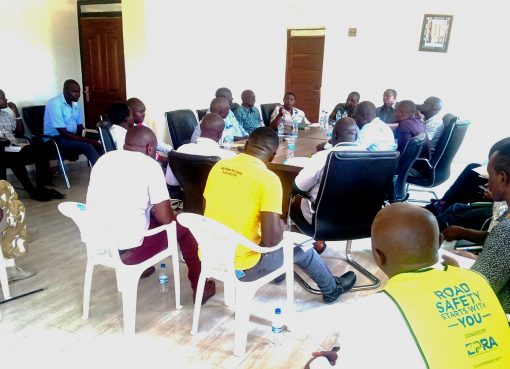The Kenyatta National Hospital (KNH) Board Chairman, Nicholas Gumbo has clarified that no public funds would be used to construct or run the proposed KNH private hospital.
Gumbo said that the facility would be constructed, equipped and operated by a private investor until they recoup their money and then hand it over to the government.
Addressing a press briefing on Tuesday, Gumbo said that they have organized an investors’ conference in Nairobi today October 30 as part of the procurement process for the facility.
He said that plans to build a private Hospital through Public Private Partnership (PPP) model of funding were aimed at widening availability and prioritize provision of health services and quality medical care to Kenyans.
The government through KNH has set off the process to develop a highly specialized facility to bridge the health infrastructure gap by providing world class quality healthcare services to the citizens.
“Owing to the ever increasing demand for specialized quality healthcare in the country, upgrading and expanding KNH’s private health care service is a good move because it will allow the space occupied by the current private wing to be free to help decongest the wards and to support KNH’s mandate,” said Gumbo.
Gumbo added that the expanded private hospital would provide Kenyans with more local access to state-of-the-art specialty care hospital and reduce the need to travel abroad noting that between 7,000 and 10,000 Kenyans seek specialized treatment abroad every year.
“More importantly, the KNH PPP Hospital project will be established as a Center of Excellence providing specialty care service and will go a long way towards massively complementing the revenue needs of KNH thereby reducing pressure on the national exchequer,” noted the Board Chair.
Ngumbo said that the government bears heavy responsibility with regard to delivery of quality health care to Kenyans with its key role will include formulating health policy at the national level to the direct participation by running over 50 percent of the health facilities in the country.
The proposed facility will be fully funded by the private investor on a PPP model in compliance with the Kenya PPP Act 2013 and National PPP Regulations 2014 of which the Act governs projects undertaken as partnerships between a facility and a private party.
The PPP funding model is expected to deliver an efficient and appropriate facility that enables capital to be attracted through private funding mechanism.
By Collins Juma/ Joseph Ng’ang’a



